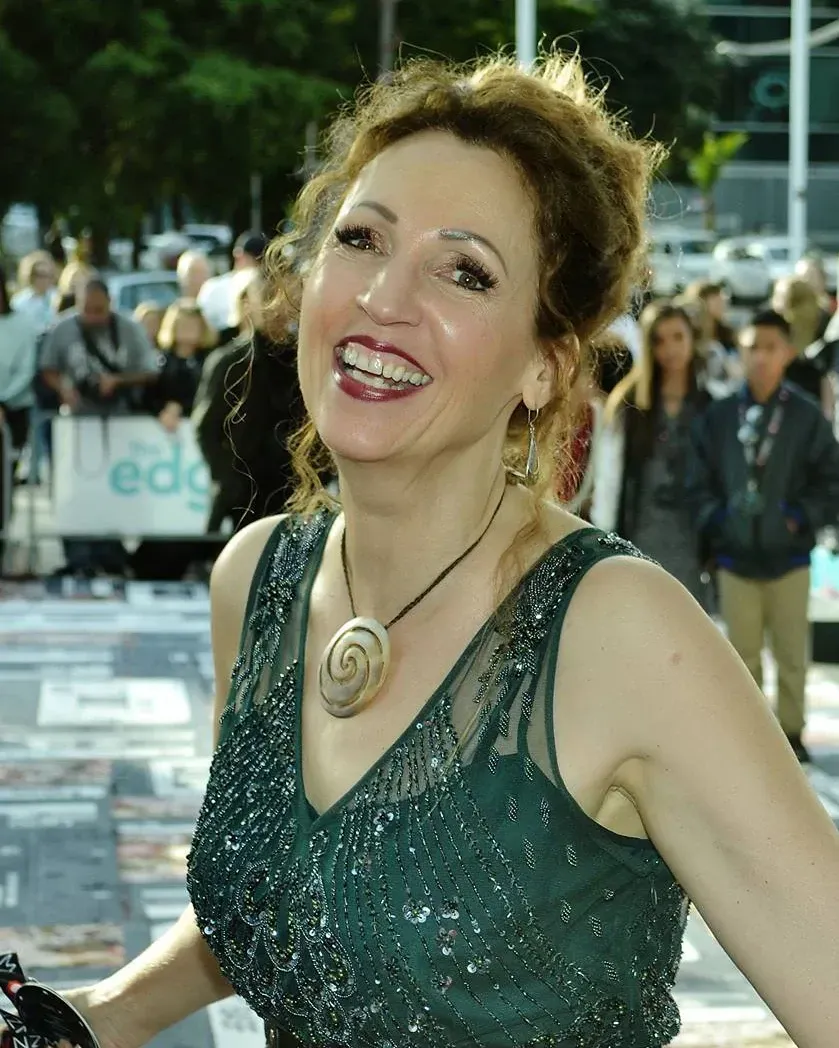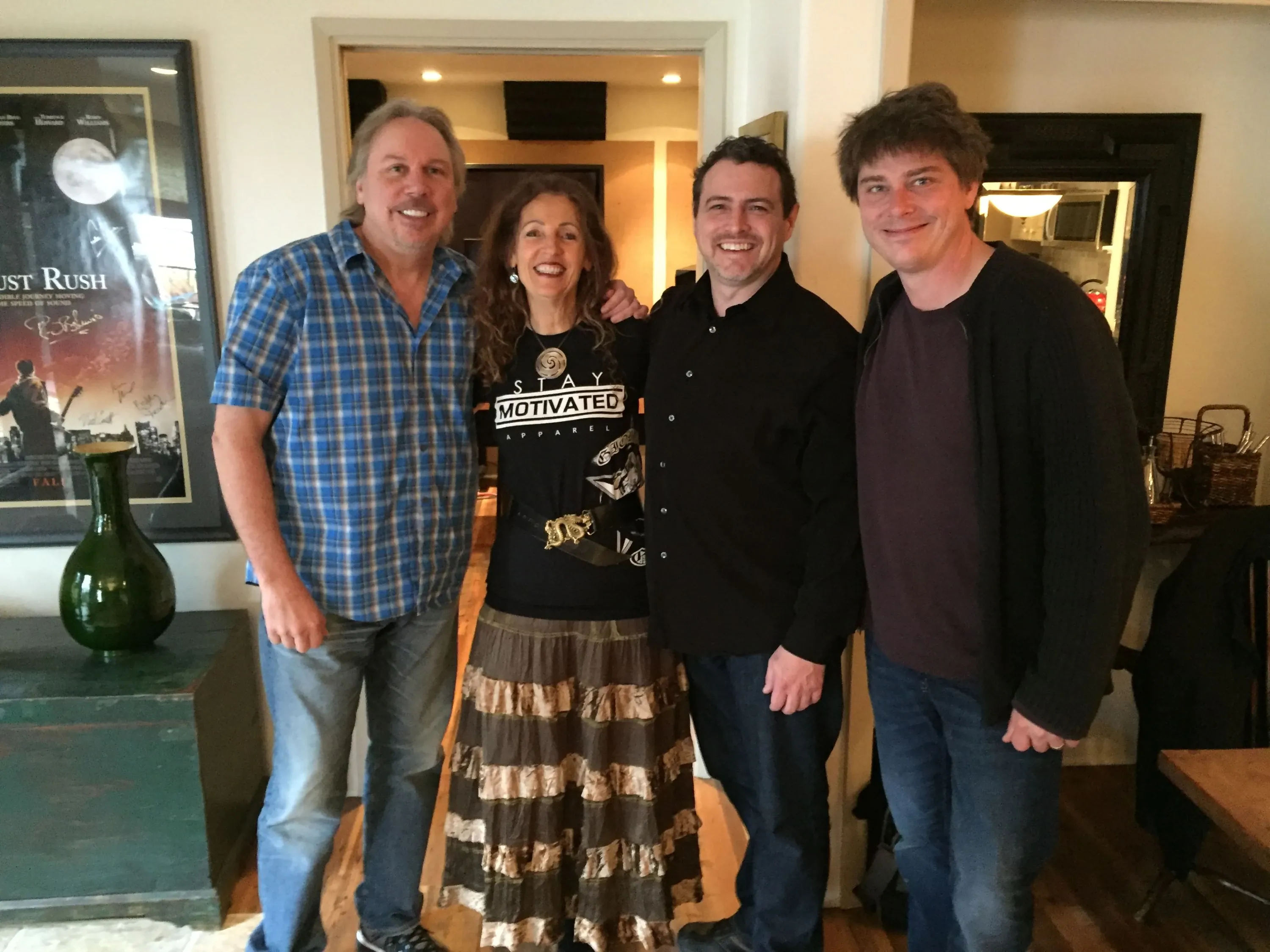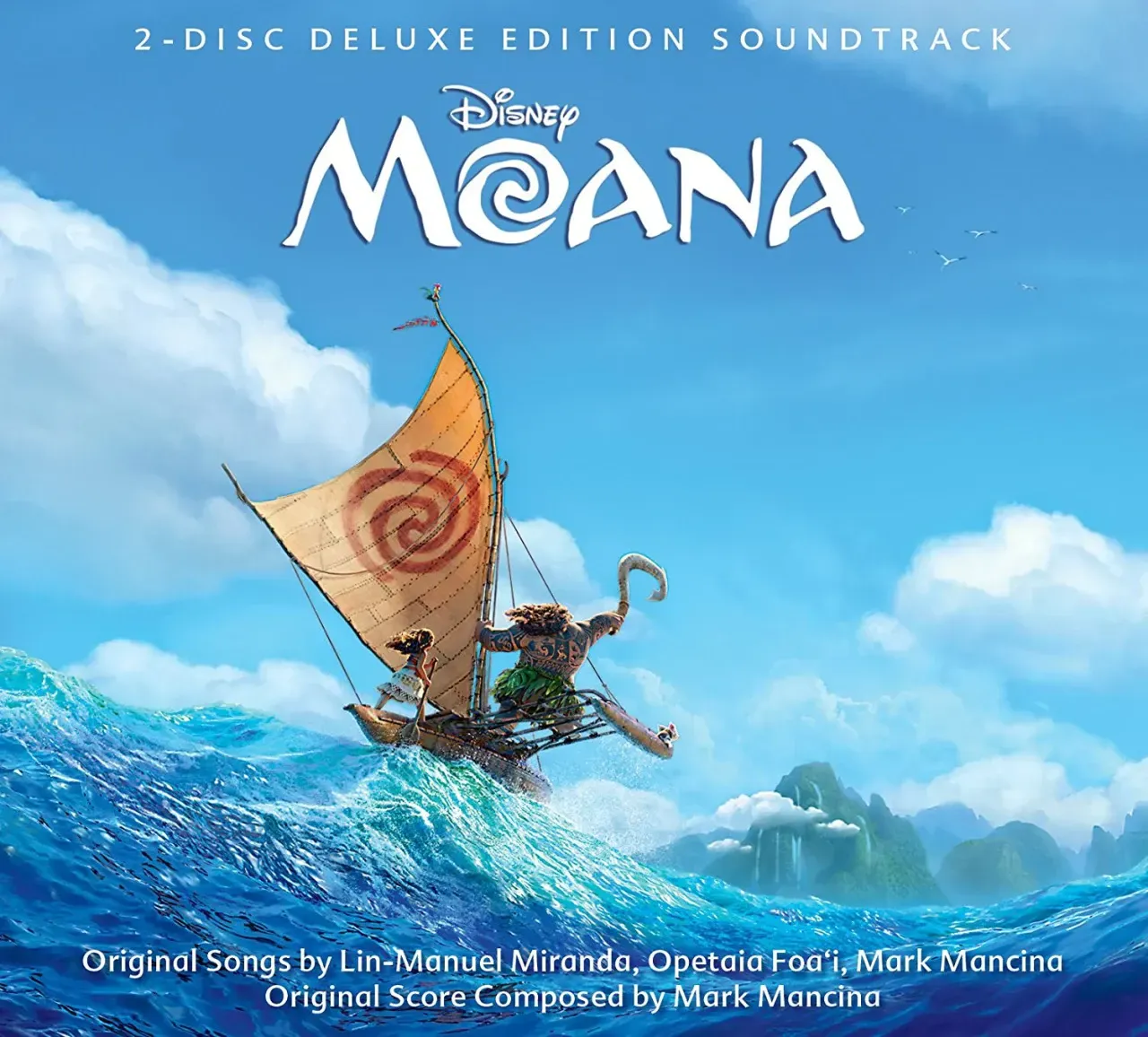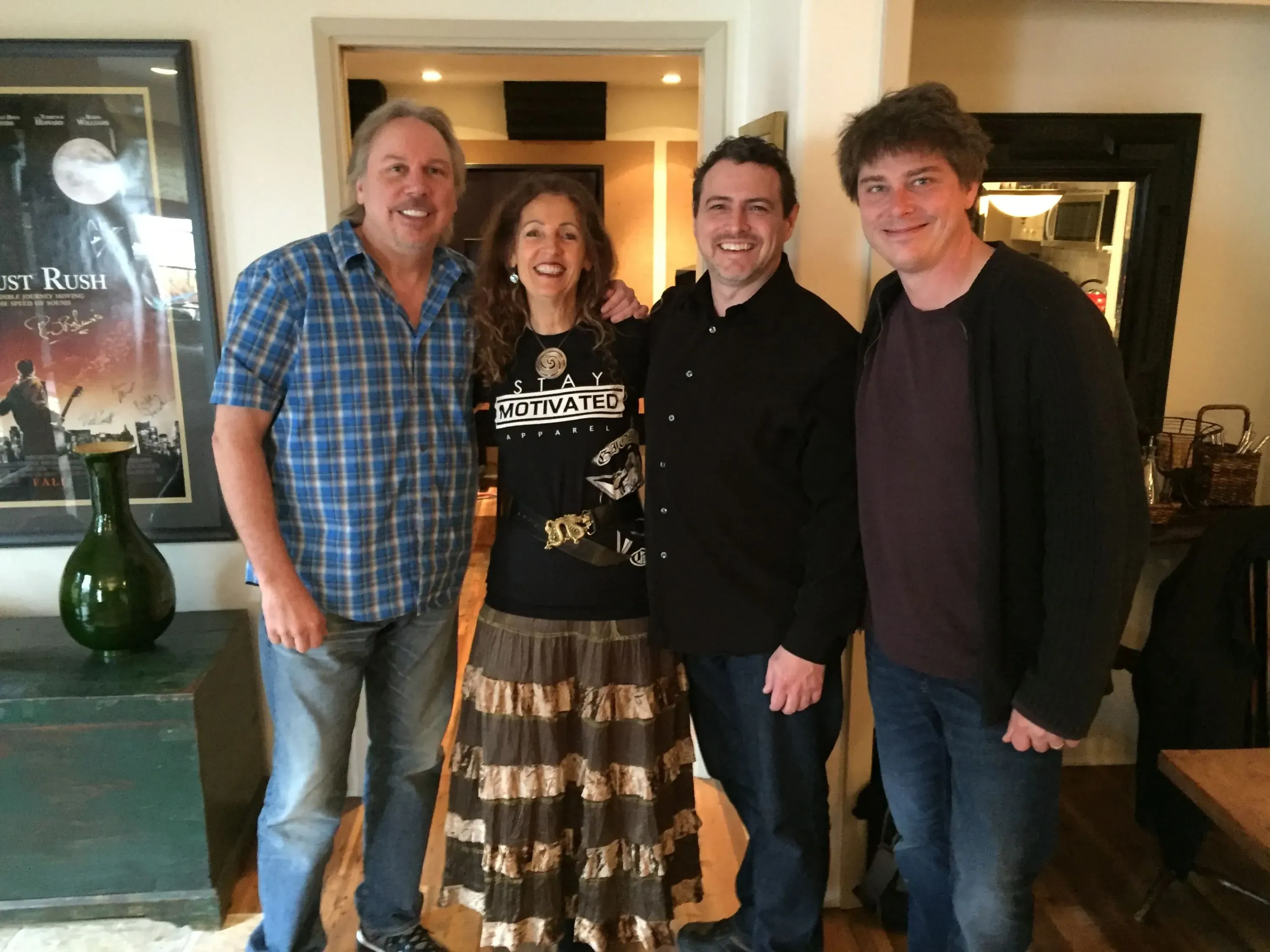From the kitchen table
Written by

Julie Foai’i, the music manager for Te Vaka, had a clear goal in her head when she started plotting the vision for Te Vaka at the family’s kitchen table: Take Pacific music to the world.
Early in their career the Pacific-fusion group, which is fronted by Julie’s husband Opetaia Foai’i, linked up with musician and promoter Peter Gabriel, who helped to get them on the World Music festival circuit. Now, more than 20 years of touring later and with the soundtrack for Disney’s Moana to their name, it’s fair to say that Te Vaka has taken Pacific music to the world.
Julie was a finalist in last night's 2018 Music Managers’ Awards in the categories of International Achievement (an award she took home last year) and Manager of the Year. Although the nominations recognised her hard work for the band, Julie is adamant that Te Vaka’s success is also due to Opetaia’s creative nous and to their partnership.
“If Opetaia hadn’t written such amazing songs with all the uniqueness and communication and emotion that’s in those songs, it wouldn’t matter how good a manager I was or how many plans I made, it had to be 50/50, at least,” she says.
We wanted to know, what tips would Julie offer budding music managers who wanted to follow in her successful footsteps?
1. Trust your instincts
“Back in those days New Zealand wasn’t necessarily aware of the world music scene and I just knew… if I think it sounds good, it sounds good. I felt the music was definitely international standard, so I sat down at the table that day and said: ‘We are going to take this to the world’, and they didn’t really realise that I meant it. Everyone was in a bit of a state of shock.
There were people in the industry who said, ‘Yes we love it, but you’ll never be able to get it out internationally’. They actually told me it couldn’t be done. And this was people we really trusted and took advice from and I just said: ‘No, I know this can be done. I know that people in the world need to hear this’.”
2. Pick up the phone
There was no internet when Julie started in business, so the only option was to pick up the phone.
I had my diary, I had my notepad, and I would ring. Someone would mention somebody I could call and that person would mention somebody else...
“I had my diary, I had my notepad, and I would ring. Someone would mention somebody I could call and that person would mention somebody else and it was just constant communicating about it and trying to sell people on an idea they hadn’t actually seen before.
Back in those days it was a completely fresh concept that you could have a style of music that was really cool, it was contemporary but the essence was traditional music. I was excited about it, so I thought I would just keep talking about it.”
3. Don’t let having kids stop you from touring
“The first year, having a 2-year-old, a 4-year-old and a 6-month-old, to me it was amazing. Okay sure, you might be up at 4 in the morning out in a park in Germany letting the kids do the playground while the drivers are having a quick sleep, and it was pretty wild, but what a way to educate kids! I thought it was brilliant. I really liked that part of it, because the children learnt so much because we did maths or reading in the van. It wasn’t like Mum was stuck in the kitchen, you can actually do a lot on the road with kids because there are a lot of travelling hours. I enjoyed that.
4. ‘There is no such thing as island time’
“One of the key things to our success is a policy we’ve always had, which is be professional, and it has always meant you are on time or early. You give more than the promoter or the person hiring you expects. There is no such thing as island time, not even in our rehearsal. Everything had to be professional. Everyone had to take their job professionally. No half-heartedness, no arriving half an hour late for rehearsal.
Everything had to be professional. Everyone had to take their job professionally. No half-heartedness, no arriving half an hour late for rehearsal.
We had those very strict things in place and there was no turning up at a show late or anything like that, because your reputation is very important and, internationally, people expect professional standards, so you can’t be relaxed about it. You have to be able to deliver what you promised. You have to be able to rely on your team and I always can rely on my team. I couldn’t do this job if I wasn’t that confident.”
5. Pay close attention to who is buying, and engaging with, your music
“You can’t ignore somebody who buys all of the CDs who has Disney.com as their email address. There was one CD that wasn’t available on the website and I thought: ‘Disney’s buying all the CDs!’, I had no idea what it’s for, but I can’t let them not have one of our most popular albums.
I was in Australia and my sister had a copy in New Zealand so I quickly got her to send me the copy she had and I sent it across. Literally a month or so later I got a call from the producer and she just literally says: ‘Think: Lion King set in the South Pacific 2000 years ago and we want Opetaia to write the music’ and I was just trying to pull the corners of my smiling face down so I could talk to her.”
6. Have a goal and see it through
“We did have that goal: ‘Take Pacific music to the world’, and then I adapted that goal a little later to: ‘I want Te Vaka to be in every home’. I want it to be a household name because I know it makes people feel good. And then, how do you get a band or music to be a household name? You get it into a movie like Moana! You’ve got to have your goals. You sometimes don’t know how it’s going to manifest. I did go: ‘We have to get this music into every household’, and then along comes Disney! Wow.”
I want it to be a household name because I know it makes people feel good. And then, how do you get a band or music to be a household name? You get it into a movie like Moana!
The 14th annual 2018 Music Managers Awards was hosted by the Music Managers Forum NZ last night at The Tuning Fork, Spark Arena. Read about last night's winners on the MMF website.


